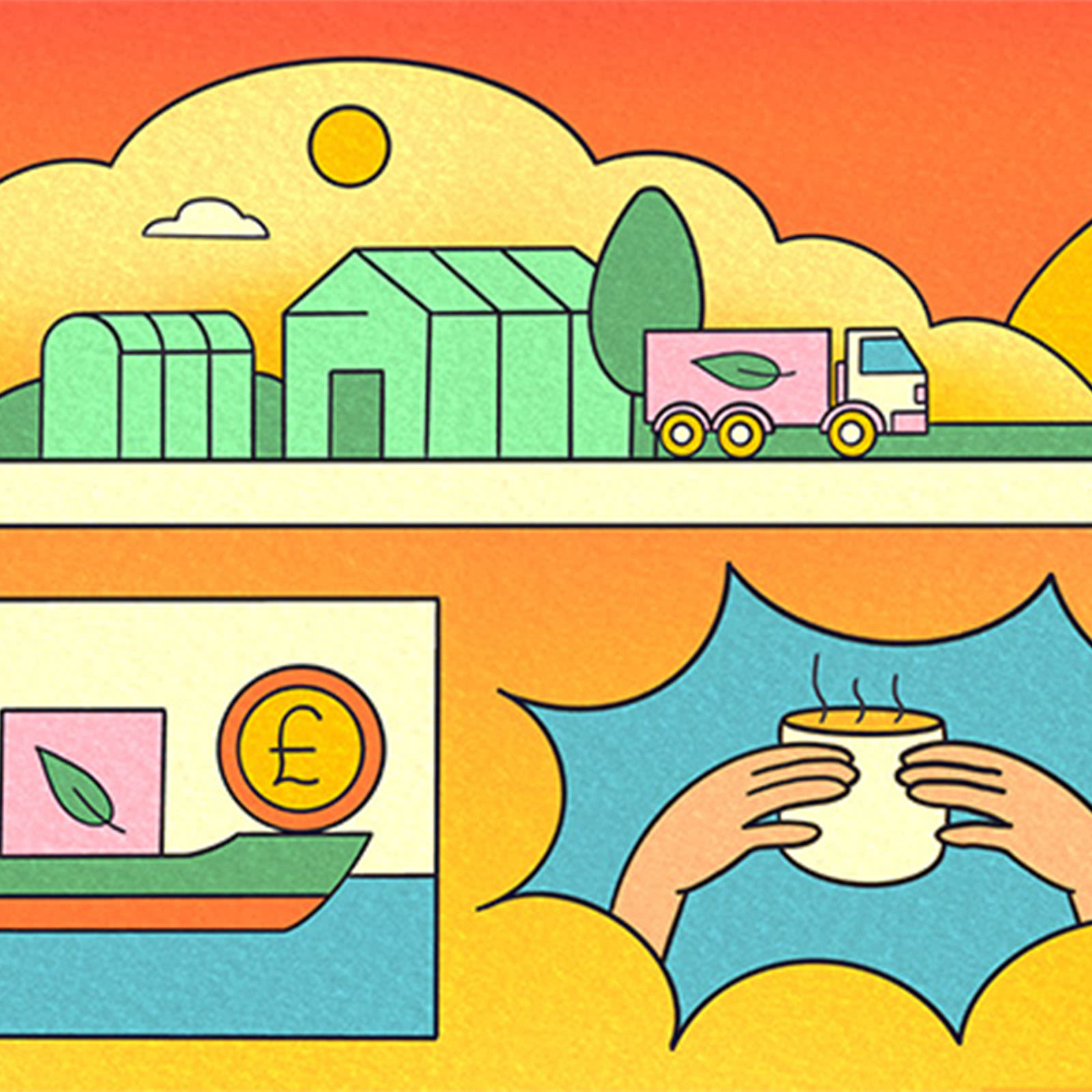
During the first shelter-in-place orders of 2020, friends Becca Millstein and Caroline Goldfarb kept asking each other the same tiresome question: ‘What are we going to eat?’ Both busy with work – one a TV comedy writer and the other a community arts manager, based in Los Angeles – they, like many others, were in search of convenient food options that also fit their requirements around good health and sustainability. Enter: tinned fish.
Having spent time in Portugal and Andalucía, they began to question why the boutique conservas (preserved or tinned) culture of sardines and other healthy oily fish wasn't yet a popular part of the US food culture. Tinned fish was and is still, to a large extent, considered to be a ‘last resort’ food. After popping many a tin themselves while brainstorming, the pair set out to try to change this way of thinking.
Fishwife Tinned Seafood Co began with the intention of creating a healthy and convenient premium product while also investing in farms and fishermen that were catching or raising fish in a sustainable way. Fishwife's tuna is hook-and-line caught in the Pacific Northwest. Its trout, sourced from a small sustainable aqua farm in Idaho, is then transferred just a short drive away, along with the tuna, to be smoked and hand-packed at a small, family-owned cannery in Oregon.



‘I think the thing that people don't understand is that, while building a supply chain is really complicated (and it's taken me longer than someone who's worked in the seafood industry before), your partners are experts in what they do,’ Becca says. ‘The people at the trout farm we're working with know how to transport their fish, so I don't have to figure it out.
‘I need to know what recipe I want and what partner I'm connecting them to but, in terms of making it happen, you have partners all along the way that are experts in the field. If you really vet your partners and your contracts with them, they can be unbelievably transformative to your business.’
Branding, too, can be a make-or-break component for any company. Fishwife's name – a 16th-century term referring to fishermen's wives who sold the catch at the market – and the brand's relatable, down-to-earth voice come presented in a bright, arty package that buyers and stores would be proud to show off.
‘As someone who's worked with artists my whole life,’ Becca says, ‘if you can work with individual, independent artists and add to their income stream by making them your brand voice – you should do it. It works. There are so many talented people out there. Have your pick and then pay them.’
For other small brands looking to get started, Becca has sage advice eschewing the notion of the ‘self-made man’. While she advises business owners to start out by trying to do everything themselves before bringing in others to help – in order to learn the nuts and bolts – she encourages anyone even thinking of launching their own business to embrace the idea of creating a community-based culture.
‘The first three months we were just talking to anybody that would talk to us,’ she says. ‘I talked to fishermen. I talked to people who had started paint businesses. Anyone either in the entrepreneurial world or in the seafood world. Anyone! Those entrepreneurial skills transfer across industries. Also, being a woman – which they call a minority founder, which is ridiculous – there's truly a culture of paying it forward [with other female business owners]. I've been seriously lucky with the mentors I've had and that guide me and have become dear friends.’

This article was first published in 100 Ways to Make a Living 2021. To become a subscriber or purchase our newest guide, head to our webshop.


